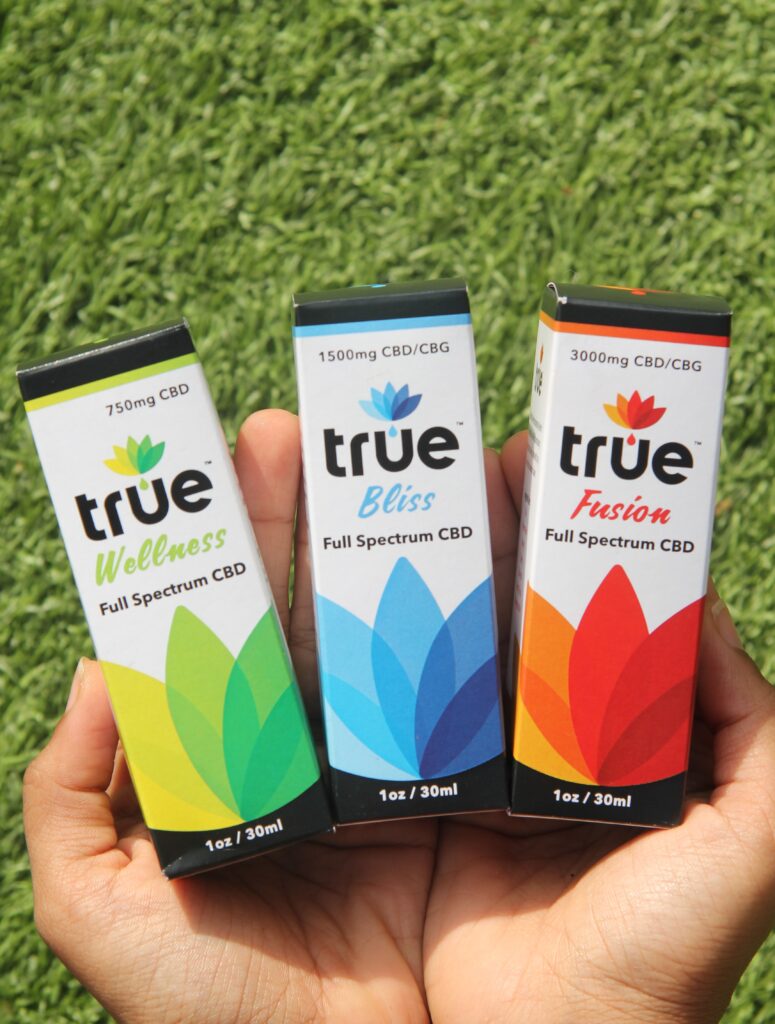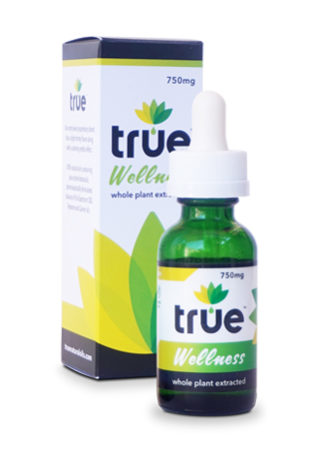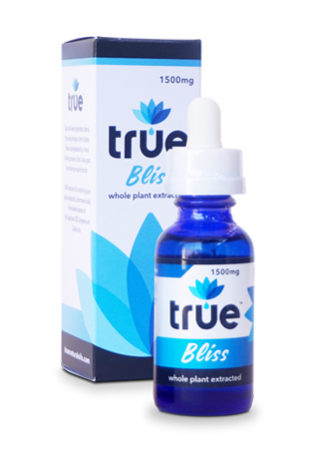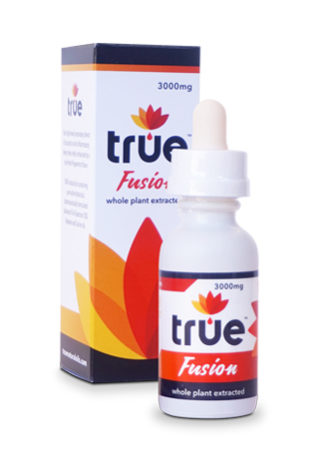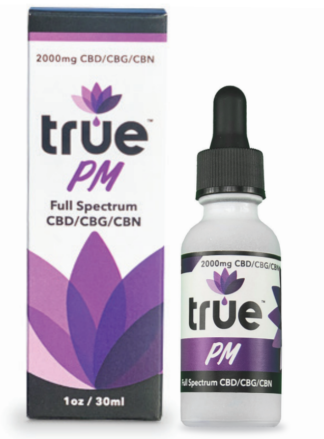Recently I stumbled upon some research that I just had to share. If you are anything like me and like to treat yourself to an alcoholic beverage every now and then (or more than every now and then) and detest that nasty hangover, then this one’s for you…
Based on this research, I now vow to always consume Cannabinoids alongside my alcohol consumption to help mitigate negative effects.
We all are somewhat aware that alcohol is essentially poison, but let’s get into what it really does so we can understand how to combat its negative effects…
Alcohol has been shown to cause damage to the frontal and temporal lobes of the brain, in particular by inducing neuroinflammatory mediators and/or oxidative stress. These brain regions are known to be associated with problem solving, attention, information processing, learning, and memory.
Since CBD has neuroprotective effects that prevent oxidative damage, it has been considered for the treatment of cognitive impairments caused by alcohol. These effects of CBD have been hypothesized to be mediated by the 5HT1A (serotonin), or CB2 receptors.
These exciting results have been reported to support the potential therapeutic benefits of CBD for Alcohol Use Disorder, particularly in the areas of neurodegeneration, hepatotoxicity (chemical-driven liver damage), and cognition. Additionally, CBD can have a therapeutic effect in alcoholic liver diseases characterized by inflammation, oxidative stress, and steatosis (the abnormal retention of fat within a cell or organ).
There are several proposed mechanisms through which cannabinoids (and CBD in particular) may confer beneficial effects in the context of Alcohol Use Disorder (AUD). First, CBD may directly impact specific brain mechanisms underlying AUD to influence alcohol consumption and the clinical features of AUD.
Second, CBD may influence AUD symptoms through its actions across the digestive, immune, and central nervous systems, collectively known as the microbiota-gut-brain axis (MGBA). These MGBA disruptions have been associated with AUD symptoms such as craving and impaired cognitive control.
Furthermore, Preclinical data suggest that cannabinoids may confer beneficial effects on the gastrointestinal and immune system. These findings include reducing intestinal permeability, regulating gut bacteria, and reducing inflammation. Thus, cannabinoids may exert AUD harm-reduction effects, at least in part, through their beneficial actions across the MGBA.
Not to mention the effects alcohol has on dehydration. Electrolytes are what our bodies need to absorb water and remain hydrated. When people drink alcohol or caffeine, or exercise, not only do they become more dehydrated, but any water consumed after is not as effective due to a low balance of electrolytes. Insufficient electrolyte replenishment is a leading cause of why over 75 percent of people are chronically dehydrated.
With cannabis now legal in several U.S. states and industrialized hemp production legal nationwide, consumer curiosity in alternative forms of stress-release and relaxation is piqued. Whether it is tetrahydrocannabinol (THC), CBD, or other botanicals with purported relaxation benefits, consumers are interested in trying drinks that support their desire to slow down, market research firms say.
I hope you have learned from our research, like we have greatly. If you are one of these people looking to try alternative forms of stress-release, or just something to help balance out the negative effects of booze when you do choose to consume, take a look at our products.
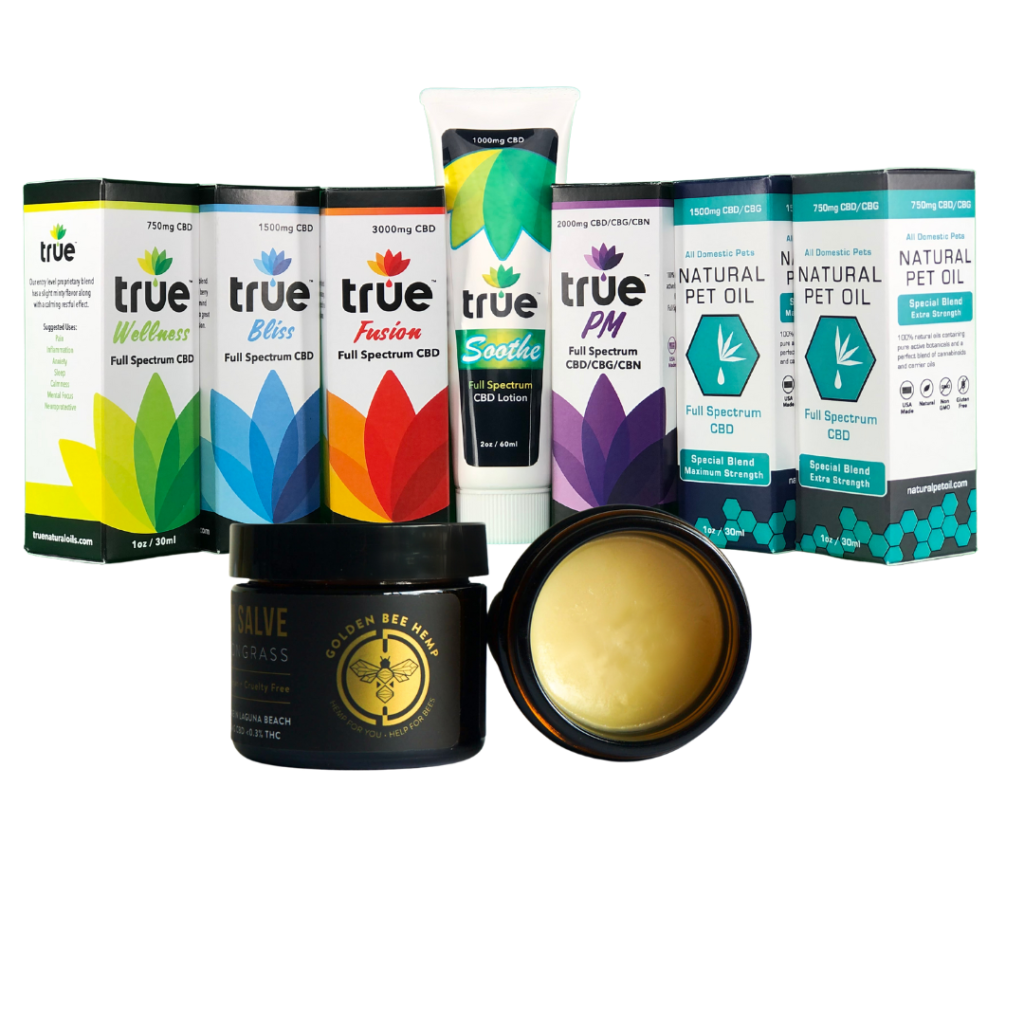
Shop Our Lab-Tested, Pharmacist- Formulated Full Spectrum Oils Now!
- CBD Oils
- Pet Products
- Pain Salves
- Lotion
- Wound Care
- Sleep Tinctures
Written by: Rylee Josipovich, Founder of Golden Bee Hemp & Robin H. McDonald, RPh, Research & Product Development Specialist for Natural Oils Inc.

